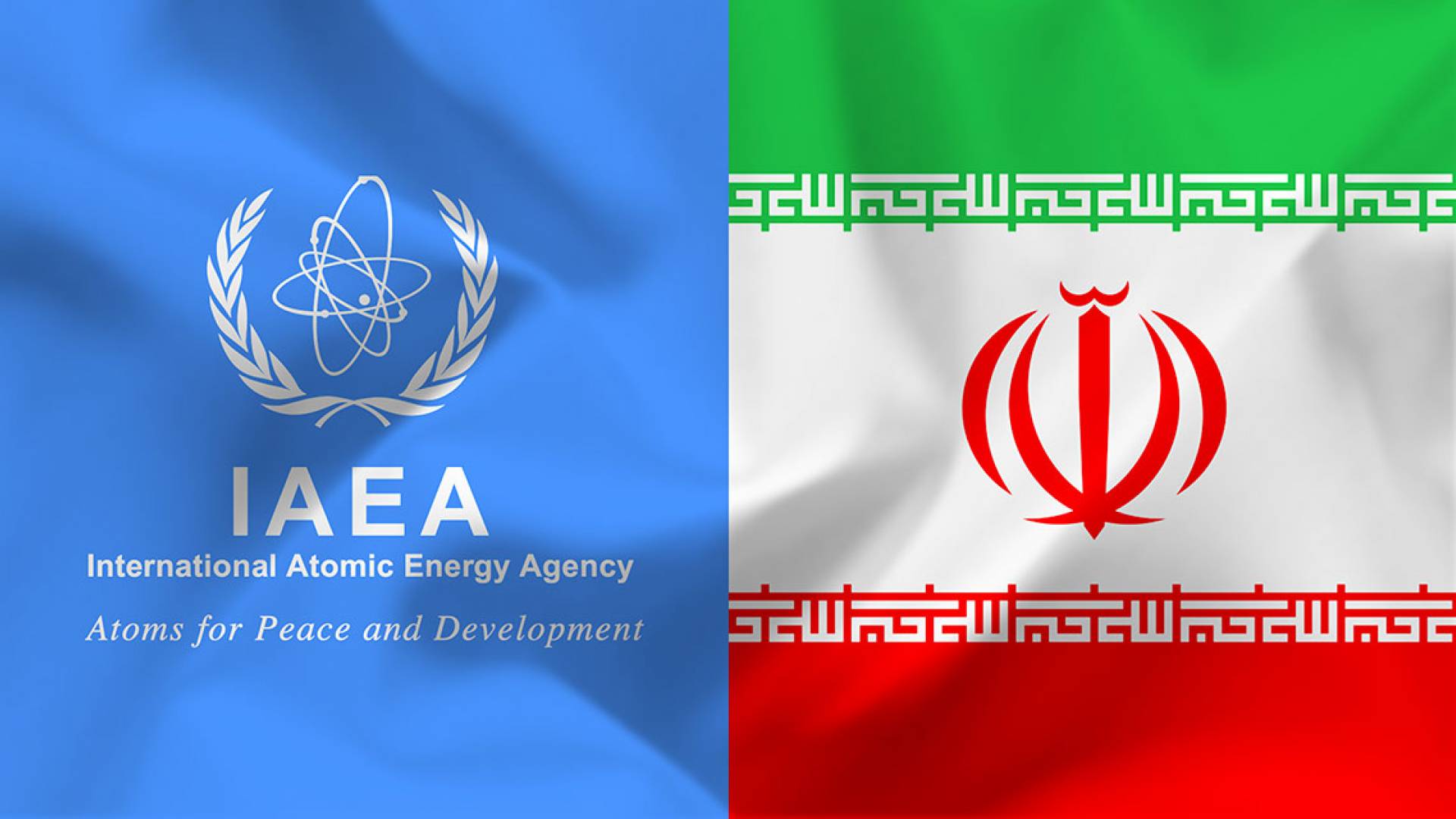Iran accuses IAEA inspectors of espionage via 'hidden chips' in their shoes

Deputy Mahmoud Nabouyan, Vice Chairman of the National Security Committee in the Iranian Parliament, revealed Tehran's discovery of 'suspicious espionage chips' hidden inside the shoes of International Atomic Energy Agency inspectors during their visits to Iranian nuclear sites. These statements came during an interview with the local 'Fars' agency, where Nabouyan accused the agency of spying for foreign entities.
Nabouyan questioned the agency's source of information about Iranian nuclear facilities, saying: 'How do they know we have facilities in Natanz? Usually, they receive information through American spy satellites or security devices.' He also harshly criticized the agency's director, Rafael Grossi, asking: 'You have claims about three Iranian sites, is your source Israel? Why do you trust a non-member of the Nuclear Non-Proliferation Treaty?'
The Iranian deputy pointed out that Tehran obtained 'ten million secret Israeli documents,' confirming that the agency provided Iran's nuclear reports to Israel, contrary to agreed protocols. He said: 'We submit our reports secretly to the agency, but Grossi handed them to Israel! When we accuse them of espionage, we have evidence.'
Nabouyan explained that Iranian nuclear information was 'published in Israeli and American newspapers 'before being officially discussed in the agency, despite the ban on its publication,' considering it a violation that warrants holding the agency accountable.
This escalation comes after Iran's decision to officially suspend its cooperation with the agency last month, under a law signed by President Masoud Pezeshkian, in response to a decision by the agency's Board of Governors accusing Tehran of non-compliance with the Nuclear Non-Proliferation Treaty. Iran also accused the agency of 'providing justification for Israeli airstrikes,' which targeted Iranian nuclear and military facilities during the recent war between the two countries, joined by the United States in strikes on three key Iranian nuclear sites.